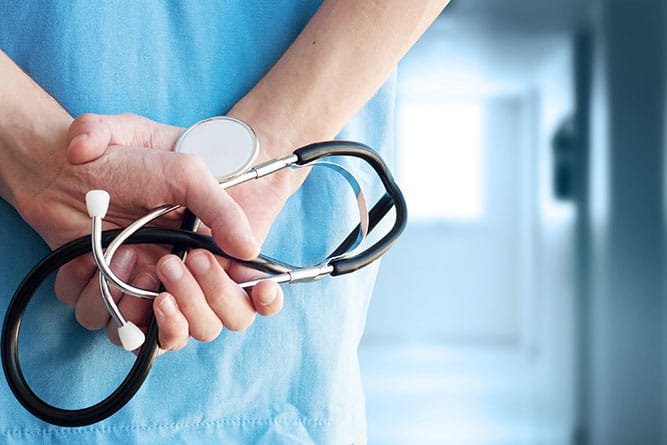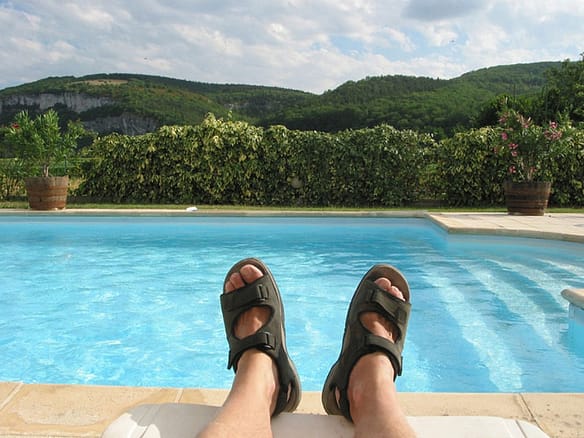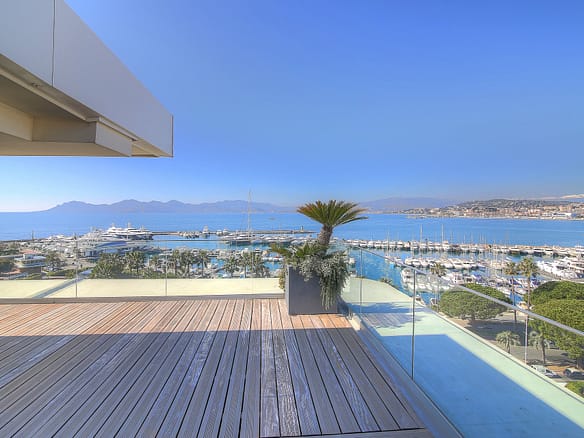France’s healthcare system has a great reputation, known for being reliable and consistently ranking at the top when compared to other national healthcare systems. Not only has the country been a leader in medical research for centuries, but France’s current health coverage includes doctors, specialists and both public and private hospitals. French residents, regardless of age, income or status, get universal coverage. That’s what makes the healthcare system so accessible and respected. Moreover, France has fewer restrictions on medications than other countries, like the UK, which means that hospital patients have less of a chance of getting an infection during treatment.
There are a lot of options for healthcare in France. Many residents find that they regularly receive quality care and that the value of the care often matches or even exceeds the cost. Expats, however, will have to adjust to a healthcare system that varies greatly from that of the UK or US – and most other countries, for that matter. Plus, expats will have to wait for three months before they can take advantage of the full scope of coverage.
Table of Contents
Social Security
In order to use the healthcare system in France, you have to pay social security contributions, which is something to consider when working out your budget when relocating. France’s National Health Service is funded by those contributions. When moving to and working in France, it’s important to make sure that you’re making these contributions, which should be automatically deducted from your salary. However, if you’re self-employed, you’re still required to contribute, which you can arrange by getting in touch with the Regime Social des Indépendants (RSI).
Coverage and Reimbursement for Health Services
Up until the end of 2017, the total cost of any healthcare service received had to be paid upfront. However, doctors and some medical professionals are no longer allowed to charge upfront, so initially paying out of pocket is no longer the standard.
It’s most common to have between 70% and 80% of the cost of the service covered by the state, though it’s possible to have 100% of the cost covered in some cases too. The cost of private services is usually higher out of pocket because a lower percentage is covered, which is why some residents opt for top-up insurance. While a top-up insurance policy is not a requirement, it can help cover any cost that the state won’t. However, note that the state does cover the full cost of long-term or serious illnesses. Prescriptions are usually covered between 15% and 100% depending on the medicine.
When moving from a European Economic Area (EEA) country, it’s possible that your country of origin will fund your healthcare in France. If you’re not relocating from an EEA country, you can contact the French embassy in your country of origin for more information about securing healthcare.
Registering for Healthcare in France
There’s a healthcare system specifically for expats and foreigners called Protection Universelle Maladie (PUMA), which grants healthcare after being a resident for three months. (While you’re finalising your legal residence application, State Medical Assistance may be available.) In order to join France’s healthcare system as an expat under PUMA, you have to register with your area’s Caisse Primaire d’Assurance Maladie (CPAM) chapter. You’ll complete a form along with your doctor, and then return it to CPAM. After that, you’ll be registered, and you’ll receive a health coverage card, called a carte vitale, which you’ll bring with you to any healthcare appointments, as well as the pharmacy when picking up a prescription. This card includes your insurance and social security details. While you won’t use the card for payment, the information will be used for reimbursement.
Primary Care Physician
Your GP or primary care physician, called a médecin traitant in France, is your main point of contact, but your actual medical care may be performed by various specialists. Your GP will talk to you about your condition and, when appropriate, refer you to a specialist. Most often, other than very small health issues, healthcare is carried out by a specialist, not your GP. However, your GP will maintain your medical records.
You can choose any GP in your area, and you can also change your doctor if you choose, so long as you fill out the required paperwork. Whichever doctor you choose, you need to register with them as your GP, which is how medical services will be reimbursed by the healthcare system.
Eye and Dental Care in France
Eye tests in France are handled by an ophthalmologist, and those appointments are not as fully reimbursed as other medical appointments. Routine dental work is usually reimbursed in the same way as other appointments, but certain, more advanced procedures may not be covered. You don’t need a referral from your GP for an eye doctor or dental specialist and can choose any that you like.
Maternity Care in France
Almost exclusively, maternity costs are covered in full by the state, and new parents have a lot of support both financially and medically. Women must attend several required medical appointments both during pregnancy and after the baby’s born. Also, the pregnancy has to be declared to the Family Allowance Fund and Health Insurance Fund in the first 14 weeks to receive benefits.
Children’s Healthcare in France
Up until the age of 18, children can access free healthcare through the coverage of their parent or guardian, including dental checkups. Children are required to have 20 screenings through the age of 6, followed by annual screenings after that. These screenings check for health issues including diabetes, hearing and visual disorders, and genetic diseases. There’s also a vaccination schedule for children up to the age of 13, and any child born in or after 2018 must get a series of mandatory vaccinations.
France’s healthcare system is one of the best in the world and it is essential for those who are planning to buy property and move to France, to be registered with the healthcare system and be fully informed about how the system works in France.




